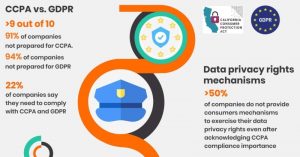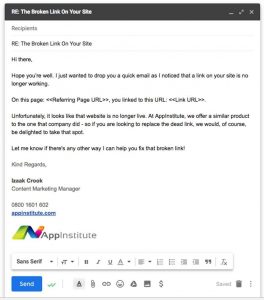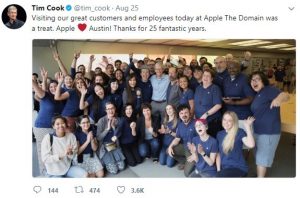Sam Bankman Fried, former founder and CEO of cryptocurrency exchange FTX, was found guilty of wire fraud, conspiracy, and stealing as much as $10 billion in customer money. Elizabeth Holmes, founder of Theranos, is serving an 11-year sentence for fraud and conspiracy over false claims she made to investors about medical devices she said could detect hundreds of diseases with just a few drops of blood. Trevor Milton, founder of Nikola, was convicted of fraud and lying about the technical achievements of his electric truck maker company. And Adam Rogas, founder of ROGAS, pleaded guilty to securities fraud by faking financial documents to make it seem like his company was making big profits to get more capital from investors.
There are actually a lot more names to add to that list. Not to mention this all happened in just the past two years. In total, these founders who were once considered in the tech industry to be the next Steve Jobs, received nearly $7 billion dollars in funding from VCs and investors.
Investors backing startup founders who have misled their way to the top is only an illustration of the extreme systemic issues the industry faces. I can barely count on my hands the total number of tech unicorns led by Black founders and most are founders from Africa, specifically Nigeria (one of my favorite tech ecosystems in the world).
Not all founders are treated the same. You can see it in the funding disparities for African American founders. Recent Crunchbase data shows that venture capital for Black entrepreneurs plummeted 45% in 2022, amounting to less than 2% of the overall dollars invested. While market conditions changed drastically last year and continue to get worse in 2023, this was still just two years on from the bold and lofty pledges many financial institutions made in the wake of George Floyd’s murder in 2020.
Black and other underrepresented entrepreneurs aren’t allowed to even have one toe out of line when scaling. We can’t make mistakes and we’re held to different investment standards and subjected to more scrutiny than our counterparts. That limits our budgets, which in turn limits our margins for error and the potential opportunity.
Unconscious bias is just part of the journey. Whether you go to meetings and they think you’re the intern, or you are checking in at the front desk and they look at you with a “What are you doing here?”
I’m not blaming anyone. It’s just these individuals aren’t used to seeing Black founders walk through their doors that often.
I know this firsthand as a Black founder. I launched three successful venture-backed tech companies raising over $70 million, something that is rare in our communities.
My first company LISNR launched in 2012 and still operates today as a secure data transmission platform where Visa and Intel Capital led investments totaling over $40 million.
In 2018, I started SoLo Funds along with my cofounder, Travis Holoway, which became the first Black-owned personal finance tech company to reach one million registered users. We’ve raised $30 million in funding in comparison to other fintechs that don’t have one-tenth the users or revenue.
You would think that even after my successes, VCs wouldn’t put me under this higher level of scrutiny, but the answer is no. Being a Black founder comes with a ton of challenges that have prevented our startups from scaling and reaching their true potential. Diversity, inclusion, and equity problems existed when I started in tech 15 years ago. They might even be worse, especially given the recent number of investment dollars and wealth gap.
A lot of investors prioritize the wrong things—like choosing to only support founders who they are comfortable with and fit patterns from Ivy League schools or other known networks. They rarely step out of that bias.
Not only is this discriminatory but it rewards companies that are on track for excessive growth, which has tempted founders to stretch the truth to get available funding. And they are getting away with it because they can.
Many Black entrepreneurs know each other personally or have at least been in the same room on multiple occasions. Most of our investors tend to be from our own communities, removing the potential bias and enabling a true review.
But we need to be heard by all as we are solving real-world problems. Plus, it is incredibly difficult to be misleading and purposely deceive VCs and investors with our products and their capabilities who are doing due diligence times 10.
When my company reached one million users and became the first Black-owned fintech company to do so, we shared the data with media, investors, and other key stakeholders to prove it.
The question we need to be asking is: Why do investors continue to fall into the trap of not doing their due diligence before writing a check to a founder who conforms to their biased ideal?
It’s time for change and putting an end to pattern matching by VCs. Silicon Valley and major investors need to start doing business differently and expand their thinking by directing funds to those wanting to make a positive impact on the world (not trick them) even if they don’t graduate from an Ivy, look like them, or come from similar backgrounds.
(7)










